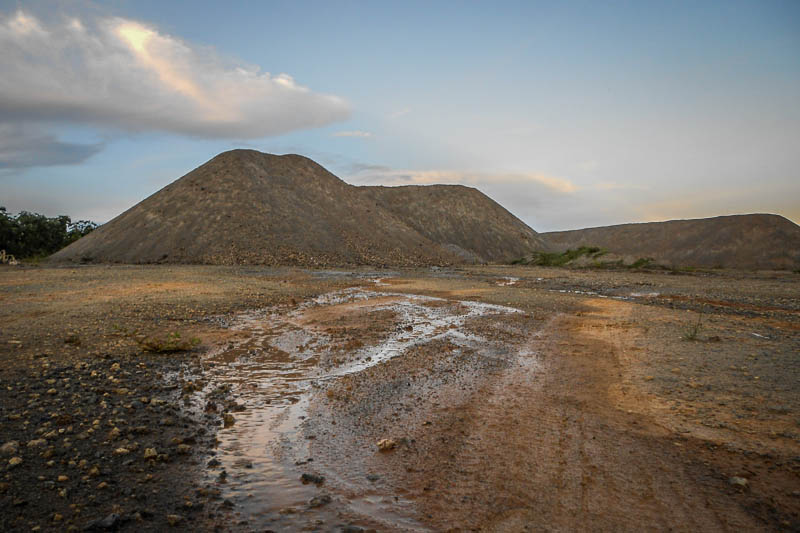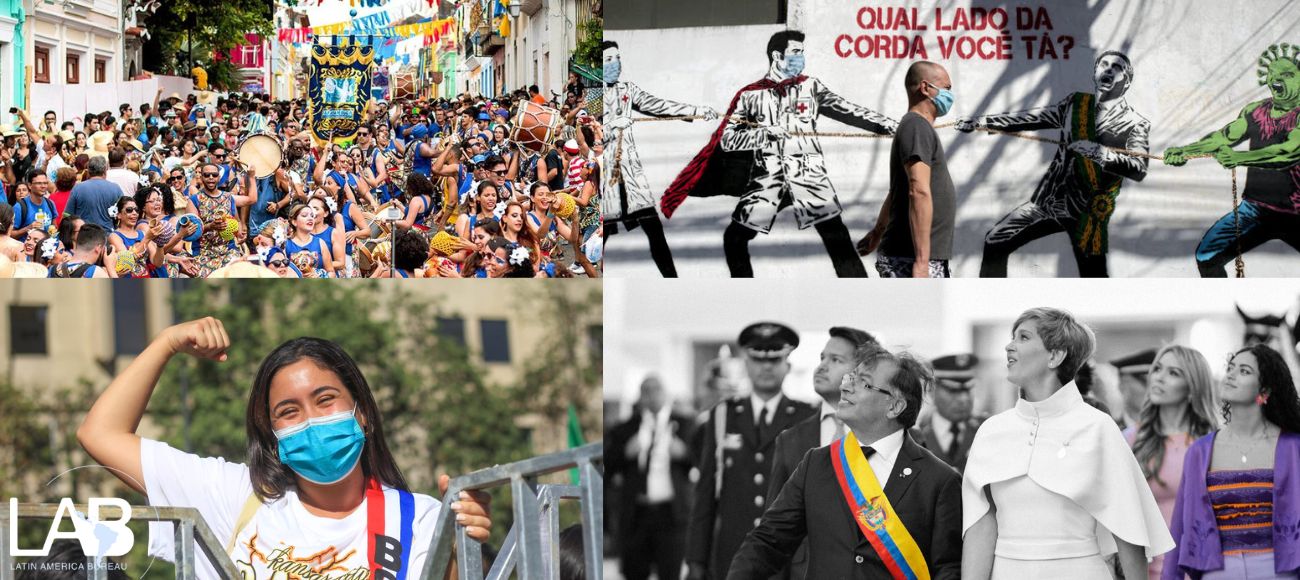Diseases
Long-term exposure to the dust may cause severe health problems and attack the body’s immunity to lung disease. The dust in Piquiá is a mixture of carbon, manganese, chromium, copper, nickel, phosphorus and silicon. In the long term, the chronic effect of breathing this air may be the development of black spots on the lung. It is not unusual to find Piquiá’s inhabitants with lung complications.“The particles enter our airways and go to the lungs. It is likely that everyone in Piquiá will have a lung problem in the future”, says Joselma Alves de Oliveira, a 37-year-old teacher who has been suffering over the last decade with an intense throat irritation and inflammation of the ear. For Antônio José Ferreira Lima Filho, the representative of the Centre for Defense of Life and Human Rights in Açailândia, an NGO founded in 1996, what is happening in this neighbourhood is a powerful indication of the negligence of the authorities with respect to the impact on human lives of the production of pig iron in the region. “There is no other place in Maranhão where human rights are violated to the same extent as they are here. The coexistence between the pig iron production and human settlement, which has happened for 20 years, can’t go on. The community will end up forced out of this place, even though they were the first to arrive”, says Antônio Filho. The pollution can be seen with the naked eye, adds Danilo Chammas, a lawyer and a member of Rede Justiça nos Trilhos (Justice on the Rails Network), who speaks for the community of Piquiá. Parking lot for lorries bringing pigo iron and coal to Piquiá. The polluting factories can be seen in the background. Credit: Fabiola/Eco
This is the second report in the series Piquiá de Baixo about the life of those affected by pig iron production in Maranhão. This special series was originally published in the Brazilian website 1)oEco, a member of The Guardian Environmental Network.
To see a longer version of this article (in Portuguese), go to:
http://www.oeco.org.br/reportagens/28457-voce-ja-respirou-po-de-ferro-conheca-o-ar-sujo-de-piquia
Parking lot for lorries bringing pigo iron and coal to Piquiá. The polluting factories can be seen in the background. Credit: Fabiola/Eco
This is the second report in the series Piquiá de Baixo about the life of those affected by pig iron production in Maranhão. This special series was originally published in the Brazilian website 1)oEco, a member of The Guardian Environmental Network.
To see a longer version of this article (in Portuguese), go to:
http://www.oeco.org.br/reportagens/28457-voce-ja-respirou-po-de-ferro-conheca-o-ar-sujo-de-piquia
References
| ↑1 | o |
|---|


